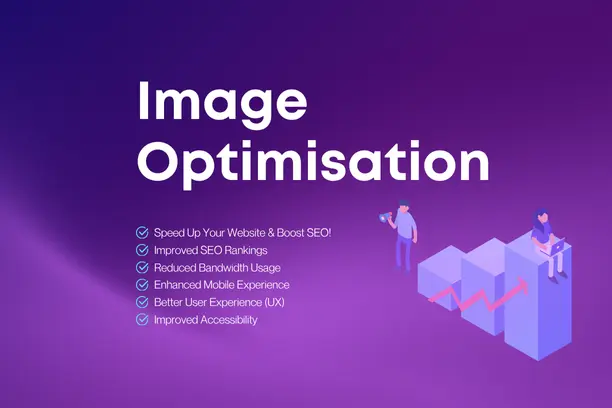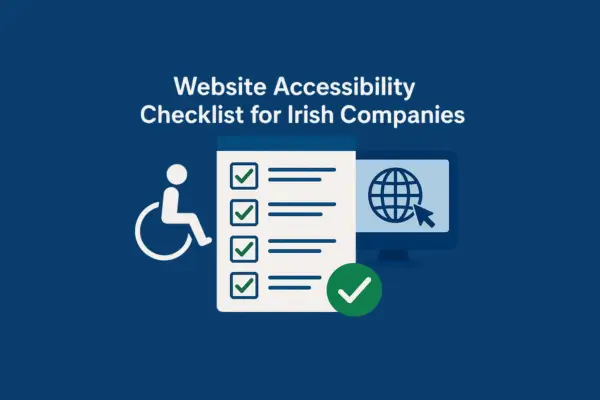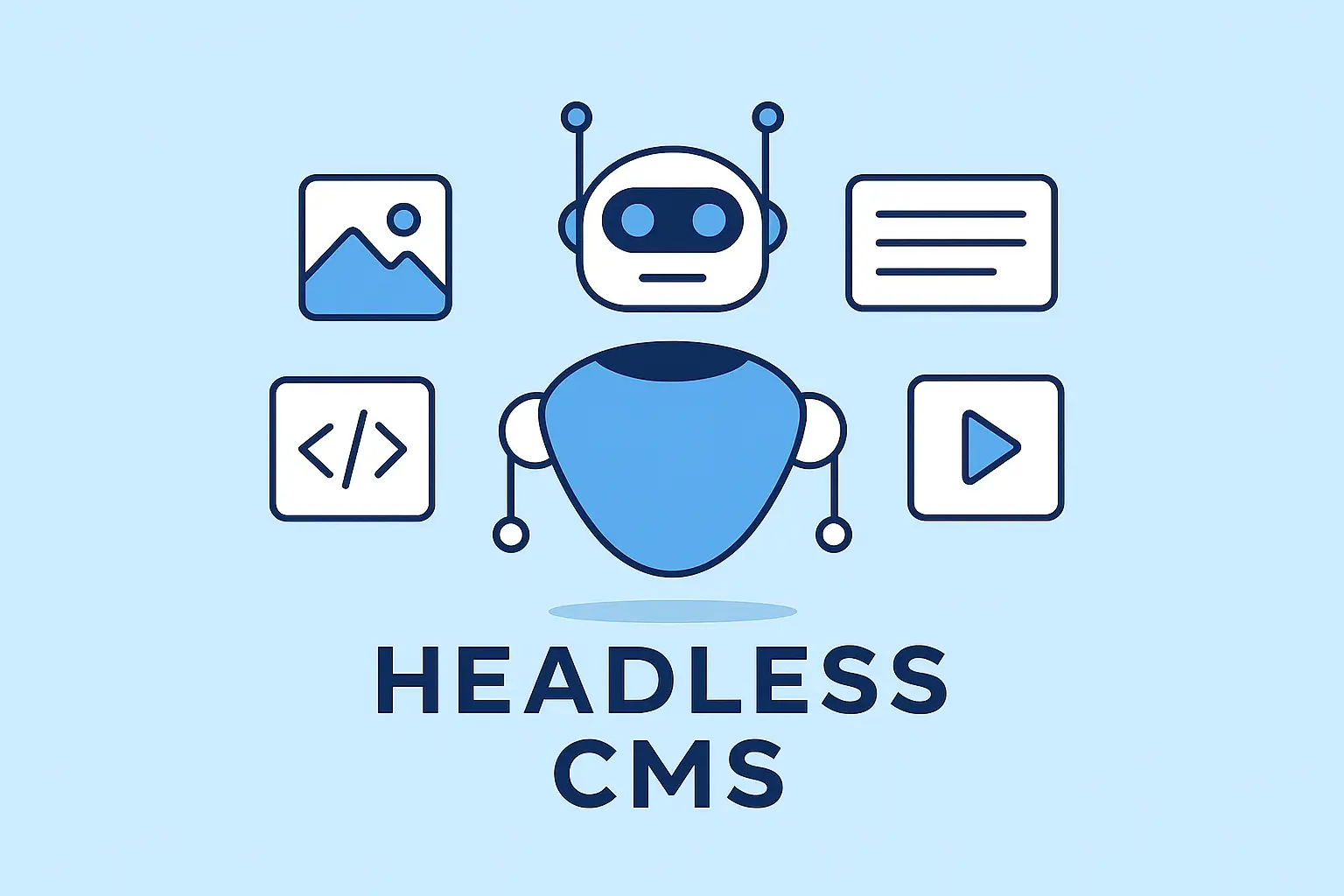Updatated on Sep 07, 2024
Introduction
When it comes to improving your website's search engine ranking, two key strategies come into play: On-Page SEO and Off-Page SEO. Understanding how these strategies differ and how to use them effectively is crucial for enhancing your online presence and driving more traffic to your site. Let’s break down what each one entails and how you can leverage them for better search engine results.
On-Page SEO: Optimising Your Website’s Internal Elements
On-Page SEO focuses on enhancing the individual elements of your website to make it more appealing to search engines and users. Here’s what you need to know:
-
Keyword Strategy:
- Primary Keywords: These are the main terms you want your site to rank for. They should be naturally integrated into titles, headings, and content.
- LSI Keywords: These related terms help search engines understand the context of your content and improve its relevance.
-
Meta Tags:
- Meta Title: This is the title of your page that appears in search results. It should include your primary keywords and be compelling to attract clicks.
- Meta Description: A short summary of your page’s content, including relevant keywords, which helps improve click-through rates.
-
Content Quality:
- Relevance: Ensure your content answers the users' queries and provides valuable information.
- Readability: Use clear and concise language, short paragraphs, and bullet points to make your content easy to digest.
-
Internal Links:
- Link to other relevant pages on your site to help users navigate and enhance the authority of those pages.
-
Alt Text for Images:
- Describe your images with relevant text so search engines can understand and index them properly.
-
Page Speed:
- A faster loading time improves user experience and can positively affect your search rankings.
-
Mobile-Friendliness:
- Ensure your site is responsive and offers a good user experience on mobile devices.
Off-Page SEO: Building Your Website’s Authority Externally
Off-Page SEO involves activities outside of your website aimed at boosting its authority and search engine ranking. Key strategies include:
-
Backlink Building:
- Quality Links: Secure links from reputable and relevant sites to enhance your site’s authority.
- Varied Sources: Obtain backlinks from diverse sources to create a natural link profile.
-
Social Media:
- Brand Engagement: Actively participate on social media platforms to drive traffic and increase brand visibility.
- Shareable Content: Create content that people want to share, leading to more backlinks and traffic.
-
Influencer Collaborations:
- Partner with influencers to reach a wider audience and earn valuable backlinks.
-
Online Reviews and Ratings:
- Positive reviews and high ratings can boost your site’s credibility and attract more visitors.
-
Local SEO:
- Local Listings: Make sure your business is listed in local directories and on Google My Business to attract local customers.
Integrating On-Page and Off-Page SEO for Maximum Impact
For the best results, it’s essential to integrate both On-Page and Off-Page SEO strategies. On-Page SEO ensures your site is well-optimised and user-friendly, while Off-Page SEO builds your site's authority and drives external traffic. Combining these strategies can significantly enhance your website’s visibility, credibility, and overall search engine performance.
Conclusion
- On-Page SEO focuses on optimising elements within your site.
- Off-Page SEO involves external activities to boost authority and rankings.
By balancing and effectively implementing both On-Page and Off-Page SEO, you can improve your site’s performance, attract more visitors, and achieve higher search engine rankings.








